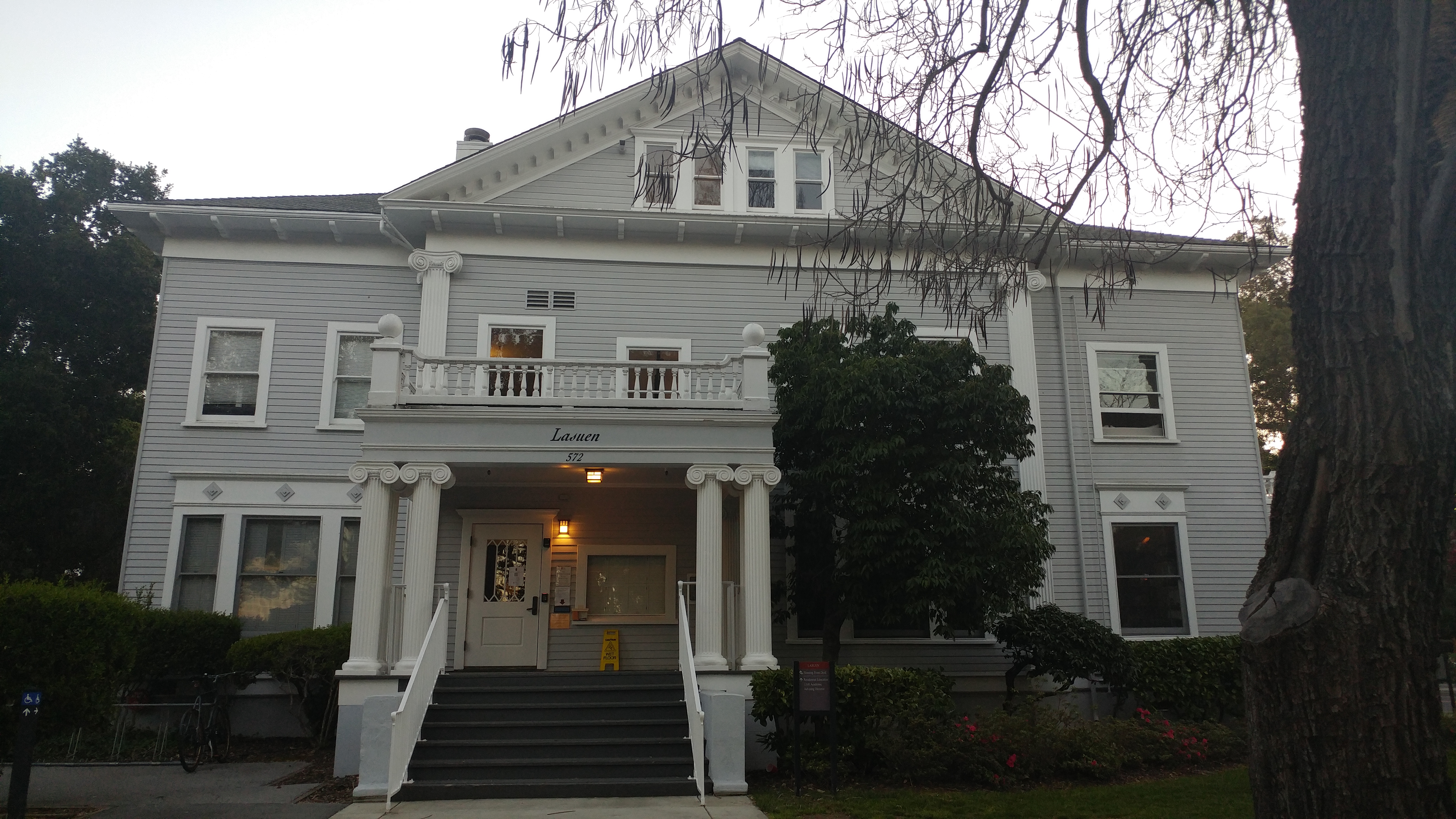All residential staff positions other than Ethnic Theme Associates (ETAs) will be replaced with a new Resident Assistant Plus (RA+) position and paid equally, according to the ResX task force recommendations released on Tuesday. The task force also outlined plans for a new neighborhood-based housing system and elimination of The Draw.
Each RA+ will have a specialization, encompassing roles currently occupied by unique positions such as Peer Health Educators (PHEs), Residential Computer Consultants (RCCs) and financial managers (FOs). New specializations such as tutor coordination will also be established. ETAs will belong to a new ETA+ category and carry all responsibilities of RAs except on-call duties.
The ResX task force published the detailed results of a successful petition for increased ETA pay, organized in November by ETAs from the Casa Zapata, Ujamaa and Okada residences.
“ETAs play a crucial role in the ethnic theme dorms, but we are severely underpaid,” the petition read. By Dec. 2, 2018, it had gathered 650 signatures and 245 testimonies in support of raising ETA pay.
Beyond student staff, the ResX report recommended creating new University administrative positions to support Residential Education. Under its plan to organize student housing into neighborhoods, the task force recommends adding more residence deans and academic advising directors. The report further suggests designing a community coordinator role, in addition to putting frosh roommate selection in the hands of Stanford administrators instead of students.
“Students [selecting frosh roommates] too often lack previous experience with the assignment process, and they are not sufficiently familiar with the goals of the residential system,” the report reads. “As a result, the roommate-pairing process suffers from the lack of appropriate expertise and professionalism.”
Existing roles, such as those of live-in resident fellows (RFs), may change as well.
“RFs are critical to achieve the vision of ResX,” the report states, “and the concept of neighborhoods will amplify the value of Resident Fellows to undergraduates.”
In light of this intent, Stanford will pursue strategies to reduce “pain points” that make the RF role less attractive, such as the inability to buy a home while serving as an RF, difficulty in parking and noise complaints. Potential initiatives include an incentive structure for RFs based on high-quality housing, stipends that can be used to supplement income, increased University recognition of RFs, including awards from an RF’s academic department, and clearer training on issues such as mental health.
RFs may also be supplemented with distinguished visitors and alumni affiliates, who can offer experience and mentorship without living in neighborhoods. RFs will also serve as chairs of a new Neighborhood Community Council (NCC), staffed by an administrative professional and consisting of student staffers and employees, such as dining managers and program associates.
“With regular, collaborative and cross-functional meetings, including dining together twice a quarter, the Community Council would seek to transcend operational boundaries,” the report reads.
Staffing on the Row and in Greek life is to be explored further by a task force dedicated to these and other Greek life issues, according to the report.
Many students have criticized the current Row staffing process as nepotistic. While some have found community at Row Houses beneficial, the ResX task force noted that others see the Row “as a place of social exclusivity that [supports] and [advances] a racial, gender and social hierarchy on campus.”
Other student concerns include dissatisfaction with the independent nature of Row houses, which operate without much of the professional staff and related resources found at dorms.
“Achieving a healthy balance between independence and consistency is among the goals of the task force recommendations for the Row,” the report reads.
On the contentious topic of Greek life and housing community, the ResX task force declined to make any recommendations but instead called for further study.
“A fuller examination of the FSL (Fraternity and Sorority Life) community is required to better answer how and if the housed FSL organizations should fit into the larger changes being proposed for the undergraduate residential landscape.”
Contact Cooper Veit at cveit ‘at’ stanford.edu, Julia Ingram at jmingram ‘at’ stanford.edu and Holden Foreman at hs4man21 ‘at’ stanford.edu.
